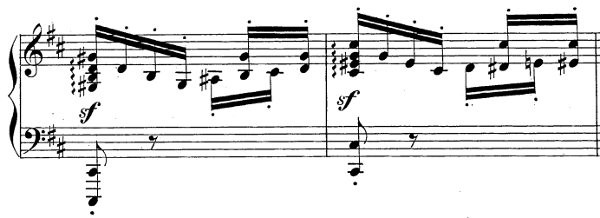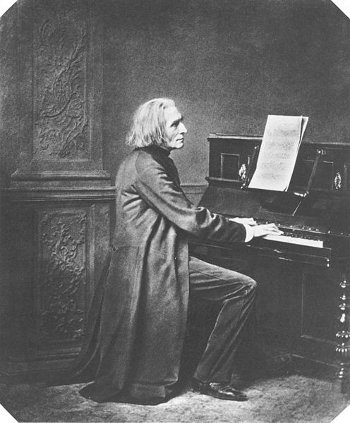
The story of a musical misprint, with perhaps a moral:
A student whom Dr Goldovsky describes as ‘technically competent but a poor reader’ prepared a Brahms Capriccio (Op. 76 No. 2) which she brought to her lesson. She began to play the piece through but when she arrived at the C sharp major chord on the first beat of the bar 42 measures from the end, she played a G natural instead of the G sharp which would normally occur in the C sharp major triad. Goldovsky told her to stop and correct her mistake. The student looked confused and said that she had played what was written. To Goldovsky’s surprise, the girl had played the printed notes correctly — there was an apparent misprint in the music.
The error occurred in most published editions of the piece; hundreds of musicians had overlooked it. Goldovsky tested his skilled readers by telling them that the piece contained a misprint and asking them to find it. He allowed them to play the piece as many times as they liked, but none found the error. Only when he specified the measure were they able to see it.
The misprint is hard to spot because the bar in which it occurs is almost an exact transposition of the preceding bar. The underlying harmony is the very common V-I (G sharp to C sharp) over a C sharp pedal, and the notation in the preceding bar has already “set” the G as a sharp. So there are multiple, powerful cues for an experienced player to interpret the subsequent G as sharp.
“What is important to note about this story is that it was a relatively poor reader who was the first to uncover the error,” notes John Sloboda in The Musical Mind (1988). “Because she did not have the expectations of more accomplished players she required more information from the score to determine her performance, and so, paradoxically, read more accurately than more accomplished players.”
(Thomas Wolf, “A Cognitive Model of Musical Sight-Reading,” Journal of Psycholinguistic Research, April 1976.)





